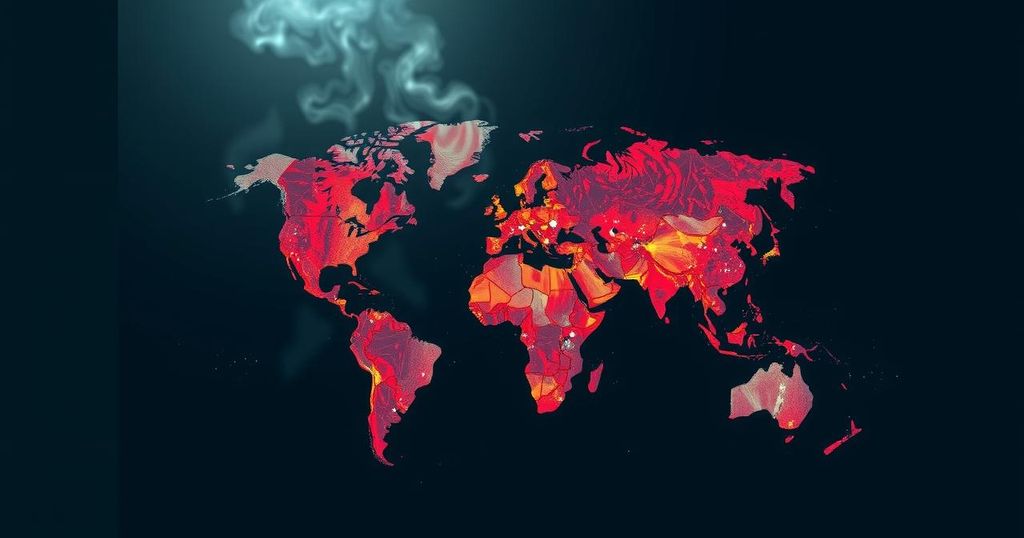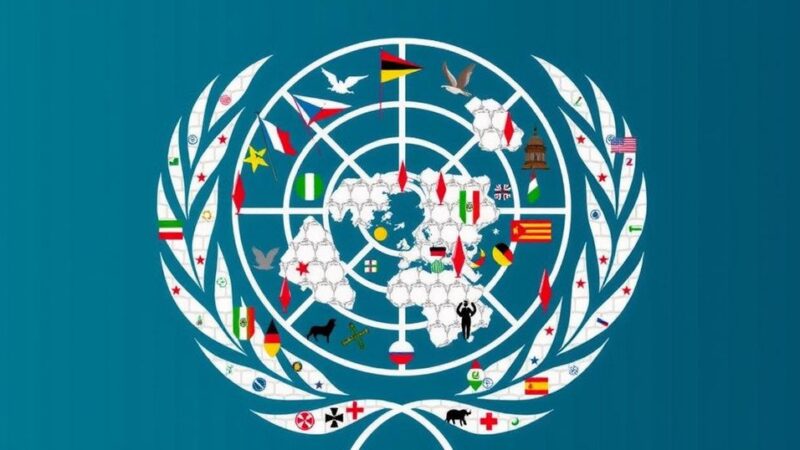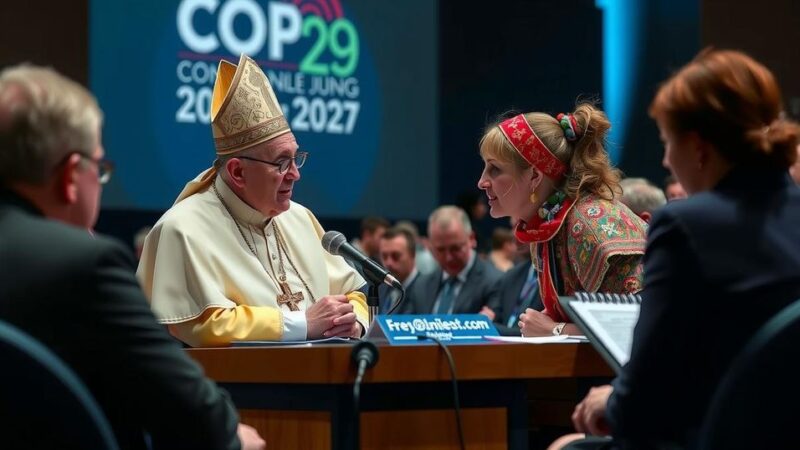A recent report outlines the escalating threats posed by climate change to human health, noting record increases in mortality from heat, infectious diseases, and food insecurity. The report, compiled by the Lancet Countdown, highlights alarming data as the world grapples with heat waves and extreme weather, urging intensified global action ahead of COP29.
Paris has recently witnessed the release of a significant report highlighting the severe impacts of climate change on public health, described as a growing threat manifesting in alarming new records. Experts express grave concern, emphasizing that “wasted time has been paid in lives.” The report arrives during a period marked by unprecedented global heat waves, wildfires, hurricanes, droughts, and floods, with 2023 anticipated to be the hottest year recorded thus far. The timing is particularly critical as the 29th United Nations Climate Change Conference (COP29) approaches in Baku, Azerbaijan, alongside a U.S. election that could potentially bring back climate change skeptic Donald Trump to the presidency. Compiled by the Lancet Countdown, a coalition of 122 specialists including representatives from notable UN agencies like the World Health Organization, the comprehensive report paints a troubling portrait of mortality and delays that cannot be overlooked. Of the 15 health indicators monitored over the past eight years, 10 have reached alarming new highs. These indicators include heightened incidences of extreme weather events, increased mortalities among the elderly due to heat exposure, the proliferation of infectious diseases, and rising food insecurity exacerbated by natural disasters affecting agricultural production. Marina Romanello, the Executive Director of the Lancet Countdown, underscored the report’s findings, stating that there exist “record threats to the health and survival of people in every country, to levels we have never seen before.” Data released within the report reveals a staggering 167 percent increase in fatalities among individuals over the age of 65 due to heat since the 1990s. Furthermore, changing climate conditions have expanded the habitat of mosquitoes, resulting in the transmission of deadly diseases; last year saw unprecedented numbers, with over 5 million cases of dengue recorded globally. Additionally, the report highlights the alarming deforestation statistics, noting that approximately 5 percent of the world’s tree cover was eradicated between 2016 and 2022, diminishing the planet’s ability to absorb human-caused carbon emissions. It also critically addresses the role of the oil and gas industries, along with certain government policies and financial institutions, in exacerbating climate change. The World Meteorological Organization recently reported a continued rise in global emissions of major greenhouse gases, with many large oil and gas companies experiencing record profits while simultaneously increasing fossil fuel output since last year. Notably, various nations have recently introduced new subsidies aimed at fossil fuels in response to rising energy prices following Russia’s invasion of Ukraine in early 2022.
The interplay between climate change and public health has garnered growing attention within the scientific community, particularly in light of increasing extreme weather events linked to global temperature rises. Effective monitoring of environmental factors and their health implications is crucial in developing comprehensive response strategies. The Lancet Countdown consistently analyzes and reports on health indicators related to climate variations, underscoring the urgent need for climate action to prevent further detriment to public health. Global initiatives such as COP29 represent pivotal moments for international collaboration towards mitigating climate effects and safeguarding human health.
In summary, the newly released report underscores the urgent and escalating threats that climate change poses to human health across the globe. With unprecedented extreme weather events and health crises on the rise, it is imperative for collective global efforts to intensify in the fight against climate change, particularly as key political events unfold that may influence future climate policies. Immediate action and responsibility from both governments and corporations are crucial to avert further health catastrophes resulting from our changing climate.
Original Source: www.manilatimes.net






